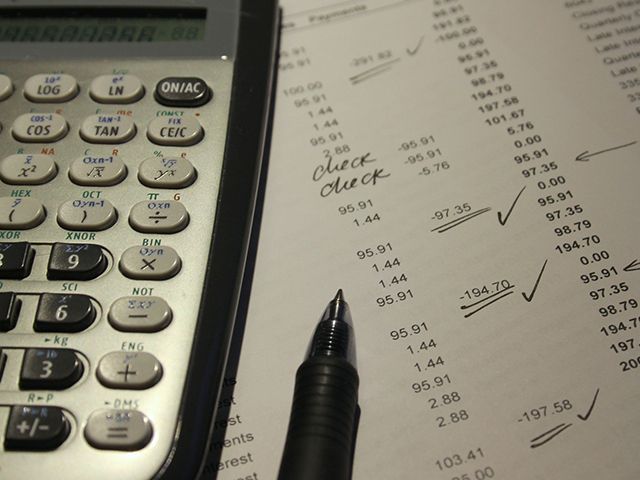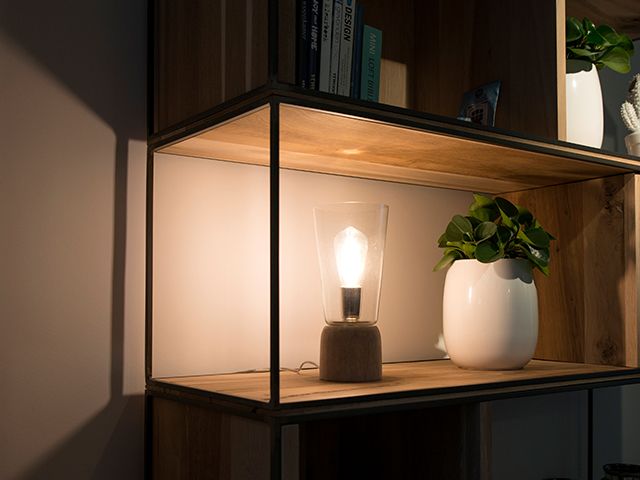
Here’s what to do if you’re in debt with your energy supplier
If the pandemic has caused you to fall behind with payments, here’s what you should do if you’re in debt with your energy supplier…

Image: Pixabay
With 1.2 million people estimated to have fallen behind on their utility bills, Linda Dodge, energy expert from SaveOnEnergy, has provided key advice to homeowners on what to do if you’re in debt to your energy supplier.
Can I change energy supplier if I’m in debt?
Yes, although it depends on the length of time that you’ve been in debt. If you’ve been in debt for 28 days or less, you can switch provider and your outstanding balance will be added onto your final bill. This can be a good option if you choose to switch to a cheaper energy plan, as you’ll start paying less for energy, making it easier to pay off what you owe to your old supplier.
If you’ve been in debt for longer than 28 days, you will not be able to switch provider. Legally, you are obligated to pay off what you owe to your supplier before you can switch to a different energy plan with a new provider. At this point, you should get in touch with your energy supplier.
Set up a repayment plan

Image: Pixabay
If you’re in debt with gas and electric, your first call should be your energy supplier. Either call or write to your supplier to discuss the situation and find out what help you can receive. After all, it’s in your supplier’s interest that your gas and electric debt is resolved as quickly as possible.
One of the main ways that your energy supplier will help you resolve your energy debt is with a repayment plan, giving you the option of gradually repaying your debt. In most cases, you’ll pay monthly, fortnightly, or even weekly until your energy debt is all paid back. Some of the money will go towards your energy debt, while the rest will pay for the energy that you’re currently using.
Paying off your debt through a prepayment meter
If you’re paying off your gas and electric debt through a prepayment meter, you can switch to a new supplier (assuming you owe less than £500 for electricity and £500 for gas). This is called the “Debt Assignment Protocol.” Basically, your new supplier takes on the debt and you’ll continue to repay it.
The main benefits of prepayment meters are the fact that they give you much more control over your energy spending. You can’t spend more than you put in the meter (usually through some sort of top-up system), which stops you from running up a significant energy debt.
Can my energy supplier disconnect me?

Image: QAZQA
Yes, as a last result, your energy supplier may apply for a warrant to disconnect your energy supply. Before disconnecting you, you’ll be sent a disconnection notice at least 28 days after your bill. In addition, suppliers are legally required to give you 7 days’ written notice. Once you have received a disconnection notice, there is usually very little that you can do as it represents the final straw for the energy supplier.
Did you find these tips useful? Let us know by tweeting us @goodhomesmag or post a comment on our Facebook page.




